The People Keeping Colorado State University Running Through the Pandemic
CSU’s COVID Wastewater Epidemiology Sampling Team
May 2021
As the academic year wraps up, we reflect on the challenges we overcame as a community. To get through it, we grasp and hold on tight to the normal pieces of pre-pandemic life. CSU recognized the value of in-person classes, the value of face-to-face connections. The success of the hybrid model that allowed the campus to stay open most of the year is in part thanks to the behind-the-scenes work of a handful of students, staff, and faculty.
Wastewater epidemiology tracks the spread of disease in the community by monitoring how much of the virus is flushed and drained out of our dorms, homes, and buildings. Susan De Long, Associate Professor in the Department of Civil and Environmental Engineering, and Susanne Cordery, Environmental Engineer with Facilities Management, organized a team of students to conduct wastewater sampling at 20 key locations around campus.
The sampling unit is a big gray box positioned above the wastewater flow in the sewers. A tube connected to a pumping system sucks up water from the stream and stores it in a big container kept on ice since heat can break down the virus making it undetectable. The device is set to auto-sample every 10 minutes over 24 hours, and samples are pulled for analysis three times a week.
The team meets at the lab at 6:30 a.m. on sampling days. They suit up in their safety gear and head out for a day of collecting samples. Each day they may have a new problem to troubleshoot. The pumping systems often get clogged, causing the system to stop pulling samples. Things like q-tips or “flushable” wipes are not meant to be flushed because they do not break down and cause problems in standard wastewater treatment systems. Without samples to analyze, there is less information available to make decisions about keeping the campus open.
Although the job had unexpected challenges and some expected smells, each person on the team is proud to contribute in any way they can. We want to celebrate the hard-working people that kept CSU open. This month and next, our spotlights feature members of CSU’s COVID Wastewater Sampling Team.
In May we featured Dr. Susan De Long for the faculty spotlight and the student spotlights are Madison Jara, Alan Martuch, and Jack Miera.
In June we are featuring Susanne Cordery for the staff spotlight and the student spotlights are Tope Adeniji, Abbie Modafferi, and Nick Mohammed.
Susan De Long
Faculty Spotlight
Dr. Susan De Long
Opposing landscapes of her home near urban Los Angeles and natural parks where she hiked with her family as a child inspired Dr. Susan De Long throughout her professional journey. Her love of biology first steered her to study environmental issues, then later to solve those problems as an engineer. Combining her experience and education, she started her career looking at how to use microbiology to clean up contaminants in water.
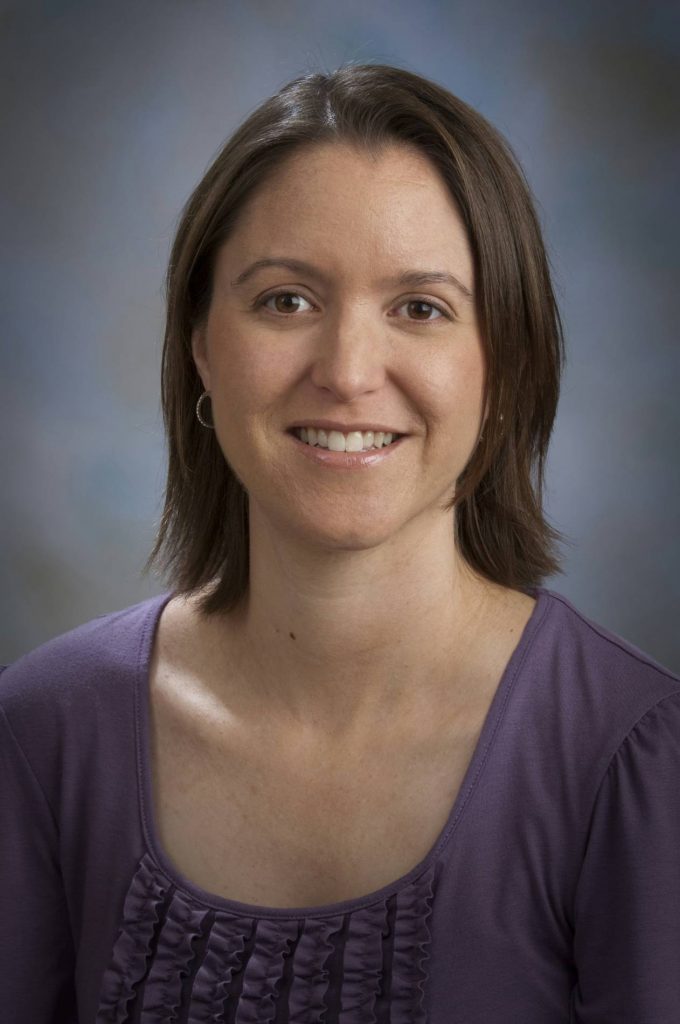
Wastewater Treatment with Microbes
The medicine we take to ease pain or treat disease is not entirely absorbed by our bodies. We all excrete tiny amounts of pharmaceuticals which end up in wastewater. Although our communities treat wastewater, not everything can be removed before the water is discharged back into the environment. De Long works to understand how we can sustainably remove these pharmaceuticals from our water. She looks to the future; not only do we want fish and wildlife to have clean water, but as the West becomes increasingly arid, we will likely need to reuse wastewater in our communities.
Current treatment of wastewater to remove pharmaceuticals through chemistry or filtration with membranes is reliable but highly energy-intensive. The Colorado Water Center supported De Long to find efficient and effective alternative solutions with a Water Research Team grant in 2018. “We know there are microbes that degrade pharmaceutical compounds,” but these are complex systems with many different types of microbes, and as living organisms, they can be unpredictable.
De Long and her team seek to understand subtle differences in the type of environments that favor the growth of those ideal microbes to be used for water treatment. They found that two key factors influence which microbes grow. Microbes eat carbon in various forms, such as sugars or vinegar, and it makes a difference what type of carbon you feed them. She discussed their pivotal findings “if you get your microbes from the right place and feed them the right things, you can grow the right microbes well.” Understanding these biological processes is a fundamental step to creating safe and reliable water treatment.
COVID Wastewater Monitoring
De Long’s depth of understanding of wastewater systems led her to an unexpected way to support our community. During the spring of 2020, when the pandemic first changed our lives so drastically, she said, “I had moments of thinking, how can I contribute, how can I help? I’m not a medical doctor, and I don’t develop vaccines. And then people started contacting me about wastewater epidemiology, which is a technology used to monitor the virus in wastewater as an early warning of the levels of the disease in the community.” Higher concentrations of the virus in the water indicate more people are contagious in the area where the water is collected.
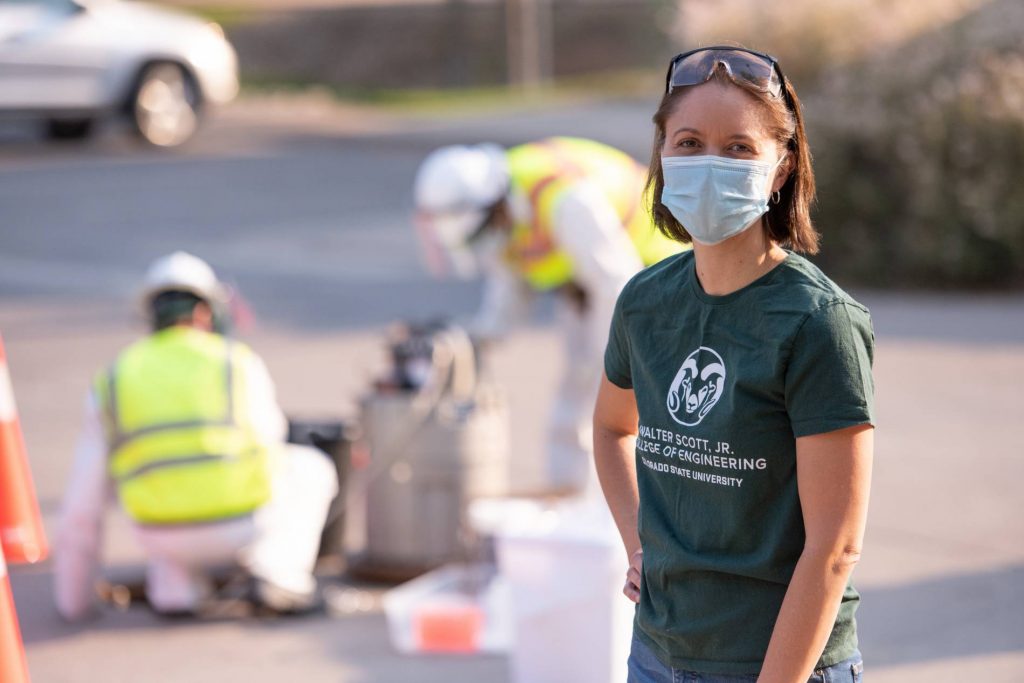
De Long spent the summer working on getting the SARS-CoV-2 viral testing running. She teamed up with Carol Wiluzs, Professor in the Department of Microbiology, Immunology, and Pathology and Director of the Molecular Quantification Core, and a local company GT Molecular. Simultaneously, a collaborative of wastewater professionals across the state explored wastewater epidemiology for COVID.
De Long and Wilusz connected with this collaborative to offer the possibility of running a SARS-CoV-2 wastewater epidemiology program with testing at CSU; the program would produce data with a fast turnaround time, and then the data could be in the hands of our local decision-makers. The program vision was presented to the Colorado Department of Public Health, who funded the effort. CSU started receiving samples from wastewater treatment plants around the state twice a week in August 2020.
De Long shares the unique way this project came together. Links throughout the community lit up with the urgency of the situation. At the same time, scientists and engineers working on SARS-CoV-2 wastewater epidemiology were readily sharing analytical methods and helping each other. Usually, when dealing with any problem, scientists might say, “Maybe we should study this for a few months, see if it works, and publish some papers, but during the pandemic, things have been different. We have a pandemic now, today!”
The incredible response from a diverse network shows the power we have to address problems quickly. Harnessing this motivation could drive solutions to problems like climate change. The people and solutions are here; connecting them is the next step.
Susanne Cordery
Staff Spotlight
Susanne Cordery
While most people take cover inside when it rains, Susanne Cordery grabs her umbrella and heads out to watch where the water flows and puddles. “My job is making sure that CSU complies with environmental regulations,” and though there is a lot of paperwork, she says, “I like to get out and do inspections, especially stormwater inspections. When you’re out in the rain, you get to see the stormwater features that we designed functioning. And I find that gratifying.”
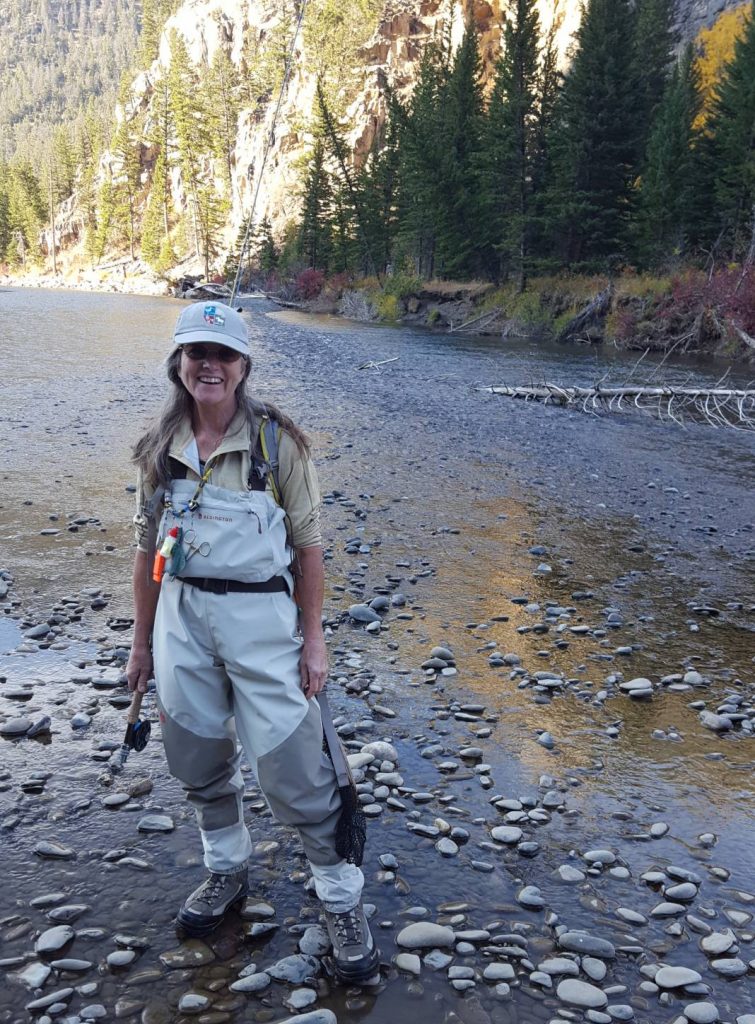
“Every time we pave paradise, we need to think about stormwater detention.” Pavement is an impervious surface, and rainwater does not absorb or filter through cement the way it does in grass. Runoff water increases and accelerates on pavement and can result in more pollution. CSU has 72 stormwater control measures across all campuses, specifically designed to treat pollutants before the stormwater moves to underground pipes. For example, water from the parking garage is funneled to bioswales which are large ditches with specialized organic soil and plants to filter out pollutants.
Beyond stormwater, Cordery manages compliance with some of CSU’s other utilities. She describes CSU as a city and an industrial complex that must comply with regulations for air emissions, drinking water, and stormwater, among many other environmental monitoring activities.
“If you look at a utility map of main campus, it’s spaghetti,” Cordery describes the complex systems that keep campus running. There are dry utilities, including buried lines for electrical, telephone, fiber optics, and natural gas. The wet utilities include stormwater, drinking water, and wastewater pipes, which is how she became involved with the COVID wastewater monitoring program.
Cordery contributed with her knowledge of the sanitary sewer system, which transports wastewater from CSU to one of two wastewater treatment plants in Fort Collins. She answered logistical questions during the project’s initial phase of where to access the sewers, how to use and maintain samplers, and safety issues of accessing the sewers. Now, well into the project, she is still highly involved.
“Every day something breaks or falls in a manhole, needs replacing, gets stuck, or a manhole is covered in snow and needs to be plowed,” she explains. She comments that everything changed with the pandemic; when the facilities management department began supporting the project, everyone pitched in.
When Cordery is not thinking about stormwater at CSU, she enjoys recreating outdoors. “In the winter I like to ski, and in the summer I like to fly fish on the river. So I am concerned about keeping rivers clean.”
Abbie Modafferi
Student Spotlight
Abbie Modafferi
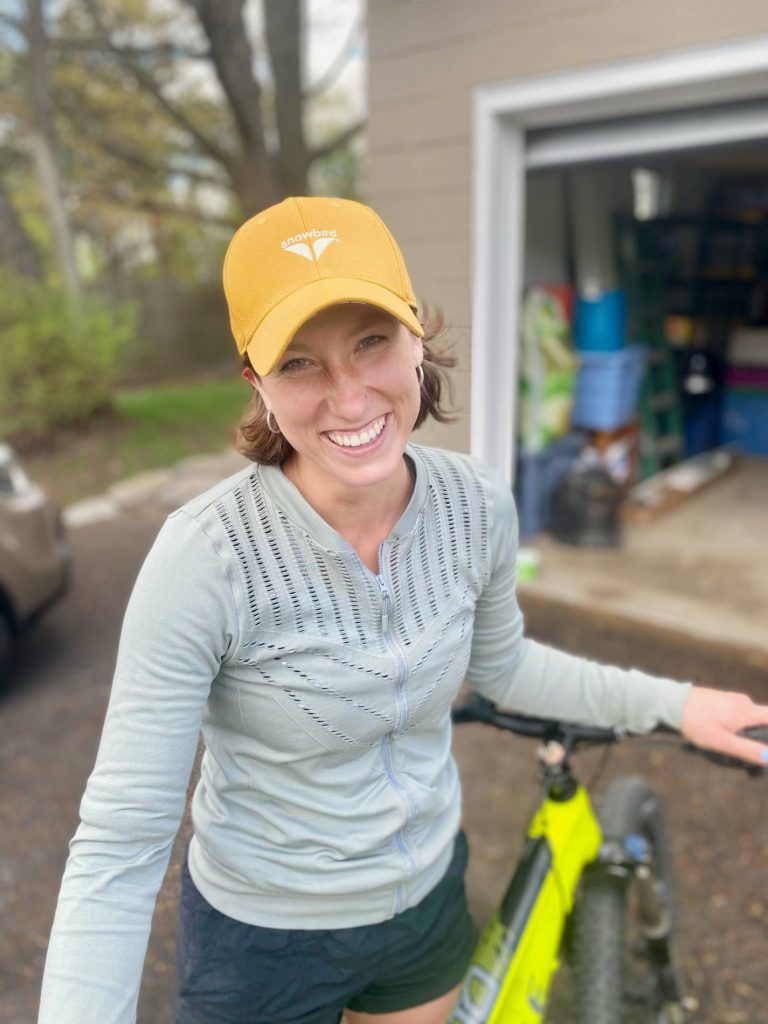
In Abbie Modafferi’s home state of New York, there is a concentrated population of refugees from Burma and Nepal. In these cultures, it is common to catch and eat fish as a large part of their diet. Typically, fish is considered a healthy protein, but fish can accumulate harmful amounts of heavy metals. Local fishing areas displayed signs warning not to eat the fish, unfortunately only in English. Modafferi worked on a project with the New York Department of Health to create signage in dialects understandable to the immigrant residents.
After graduating in May, Modafferi will support the Colorado fishing community on a similar project this summer as an intern with CSU Extension. Freshwater from rivers and lakes often contains small amounts of pollutants, including heavy metals. Our bodies can withstand trace quantities of certain toxic elements, and environmental regulations protect communities from drinking water that would cause any harm.
Heavy metals accumulate in wildlife higher up the food chain at levels that are dangerous to consume. “Our standards are outdated and don’t reflect all the ways we use water in Colorado,” Modafferi says. She will work to reexamine standards around the dosage of pollutants consumed through water versus eaten in fish.
Discussing her motivation to study environmental toxicology, Modafferi says, “I love being outdoors more than anything else. I love to snowboard, rock climb, run, and hike; that’s why I moved to Colorado. Water is a finite resource. If we destroy it, we don’t have anything else. It’s my duty to give back and protect it.” She hopes to make her community more sustainable, “I want to do something good for the people I interact with every day. I am working to protect the people around me.”
While looking for ways to be involved at CSU, Modafferi jumped on the opportunity to join the COVID wastewater sampling team. Using her previous epidemiology experience, she was eager to work on cutting-edge science even though she had not pictured herself working in wastewater. She recalls the interview experience; she thought she might have responded too eagerly to the question, “how are you with dealing with things that are a little bit gross?” She can absolutely handle gross things.
“What we’re doing is pretty simple, but the fact that they can detect and estimate how many people are sick based on a 50 ml water sample is amazing and surprising.” One of the most challenging aspects for Modafferi was the hands-on repair and maintenance of the samplers. “My training has been focused on laboratory methods; I’m used to looking at a culture of cells. Using screwdrivers to mechanically repair something was very new to me. And I didn’t expect that to have so much of an impact on the data we are collecting. If something breaks, that’s 48 hours of results we don’t have. It can really impact public health decisions.”
Modafferi appreciates the efforts of Susan De Long and Susanne Cordery. While working through the uncertainty of the pandemic that we all felt, “they took the time and opportunity to get to know us and communicate with us. They were awesome supervisors, and it was inspiring to have a woman-led team.”
De Long’s efforts also taught Modafferi a life lesson. This whole project was new for De Long, and she shared that it was out of her comfort zone. Modafferi says, “That was reassuring to me. You can do whatever you want as long as you’re passionate about it and feel strongly that it’s important. You can learn whatever you need to learn to make something successful.”
Madison Jara
Student Spotlight
Madison Jara
A surprising combination of her love of art and science led Madison Jara to her path in environmental engineering. “I can bring in that artistic quality into my love for science and water,” she says. Growing up in Arizona influenced her, “I saw a lot of the landscape change,” water transfers away from agriculture left her with the nagging question, “how do we find that balance between the environment and taking care of people.”
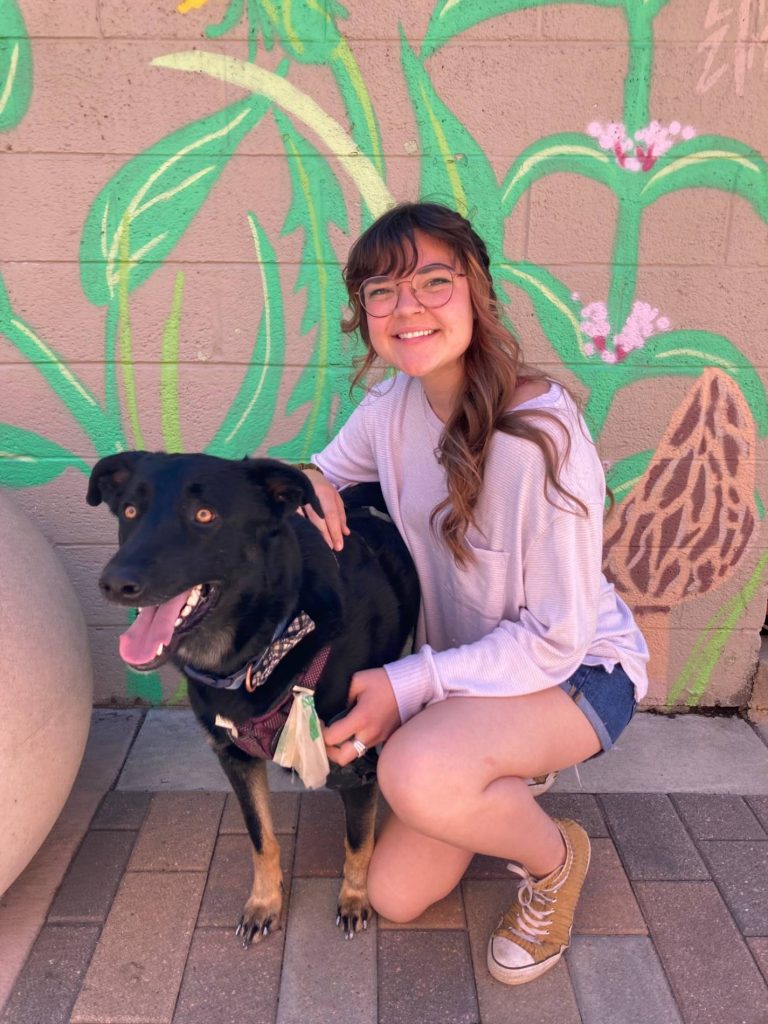
“I love to focus on water conservation and water quality,” Jara says. She ended her senior year at CSU designing a water diversion project with a team of students. They considered aspects of sustainability, feasibility, cost, human health, and protection of wildlife. Successful components of their design would be incorporated into a real-world project for the sponsoring engineering firm.
At CSU, Jara took classes with Dr. Susan De Long. After she graduated, a position opened up on the Wastewater Monitoring Team, which she applied for, “I studied wastewater, and I wanted to get into the nitty-gritty of it.” She appreciates the hands-on nature of the job, “gearing up with PPE, the Tyvek suit, physically collecting the data.” In De Long’s class, she learned about wastewater engineering and “Now I’m on the other end. Data collection is highly important to analysis. The university needs to know accurate levels of COVID to make decisions.”
Jara loves to stay active with her dog, Boston Baked Beans. She looks forward to swimming at Horsetooth Reservoir this summer, though Beans doesn’t like to swim with her. Exercising her artistic side, she enjoys drawing cityscapes and landscape architecture. “We can make things beautiful and healthy at the same time.”
Alan Martuch
Student Spotlight
Alan Martuch

Although Florida is known for its sandy beaches and wetlands, over the past decade, increasingly common algae blooms kill off massive populations of fish and aquatic wildlife. Seeing this repeated devastation motivated Alan Martuch to pursue a career in environmental remediation. “I have salt in my blood, I was always out on the water,” he says, discussing his experience growing up in Florida, where he spent much of his free time fishing and enjoying the many water resources.
Florida has a long, complicated history of water management decisions that result in unintended consequences. Each summer, water with excess nutrients from natural, urban, and agricultural sources is diverted away from its historical path through the wetlands of the Everglades to the Atlantic Ocean and the Gulf of Mexico. Wetlands provide vital filtration, and when the water skips the natural cleaning process, those nutrients cause toxic algae blooms throughout the region. “You started seeing dolphins, manatees, sea turtles washing up dead. It’s a state that prides itself on its natural environment, and seeing everything washing up dead was a huge alert,” Martuch says.
Martuch studied geology for his undergraduate education and then conducted fieldwork taking groundwater samples. “I realized water is our most important resource, and there are a lot of contaminated waterways and poor management practices that could be fixed.” Considering his career path, he says, “as an environmental consultant, I can make a difference.” He plans to use his master’s degree to work as a consultant designing remediation systems.
Experienced with taking water samples, Martuch jumped into the COVID wastewater sampling job with ease. “Susan DeLong is my advisor, and I was looking for ways to get involved on campus, and it was a cool opportunity to get into.” Between unpleasant smells and tremendous time and effort by the team, he is grateful for the unexpected positive feedback from the community. When students and staff pass by while they are sampling, they hear appreciative comments thanking them for their work.
Martuch recently picked up snowboarding and enjoys fly fishing in Colorado. He will continue working on the COVID wastewater sampling team through the summer.
Jack Miera
Student Spotlight
Jack Miera
A strong connection to his family guided Jack Miera to his studies and current position at CSU. He is a Colorado native from Berthoud, where his family still lives. Growing up, his grandpa shared stories of his work as an electrical engineer. Miera says those conversations “put me on the path to that kind of thinking. Engineering is about problem-solving, and that’s what I enjoy most about the field.”
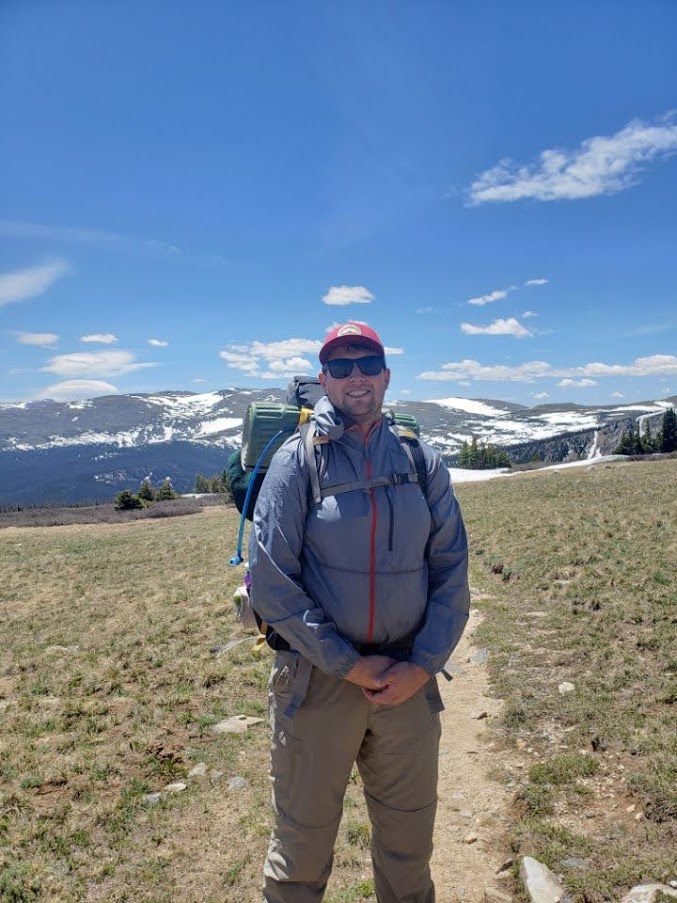
Starting with a scholarship at Front Range Community College, two chemistry professors inspired Miera to pursue chemical engineering. Combining his love and skill in math and science engineering felt like a natural path. In a recent chemical biology class, he says, “I knew I was in the right program,” taking concepts he learned and applying them to real-world problems.
Miera will graduate in May and start his career in the biotech industry. He explains, “I want to work with patients and be in a career to make a big difference in someone’s life. That’s also why I enjoy being part of the wastewater team. The data we collect is used to help make decisions, and it’s exciting.We’re doing something meaningful.”
From Cub Scout to Boy Scout and finally an Eagle Scout, Miera appreciates all the best Colorado has to offer in the outdoors. “I’m a big snowboarder, and I like to hike and camp.” This summer, he is planning a few trips to enjoy backpacking and fishing. He also hopes to get onto the water and learn to fly fish.
Temitope Adeniji
Student Spotlight
Temitope Adeniji
Since elementary school Temitope (Tope) Adeniji was driven to become an electrical engineer. Growing up in Nigeria, he did not have access to many electronics nor a mentor to guide him. But he says, “I loved tinkering. I would take apart discarded electronics and wristwatches to see what was inside.” His determination pushed him throughout his schooling in Nigeria, and now it has led him to CSU, where he is earning his master’s degree in electrical engineering.
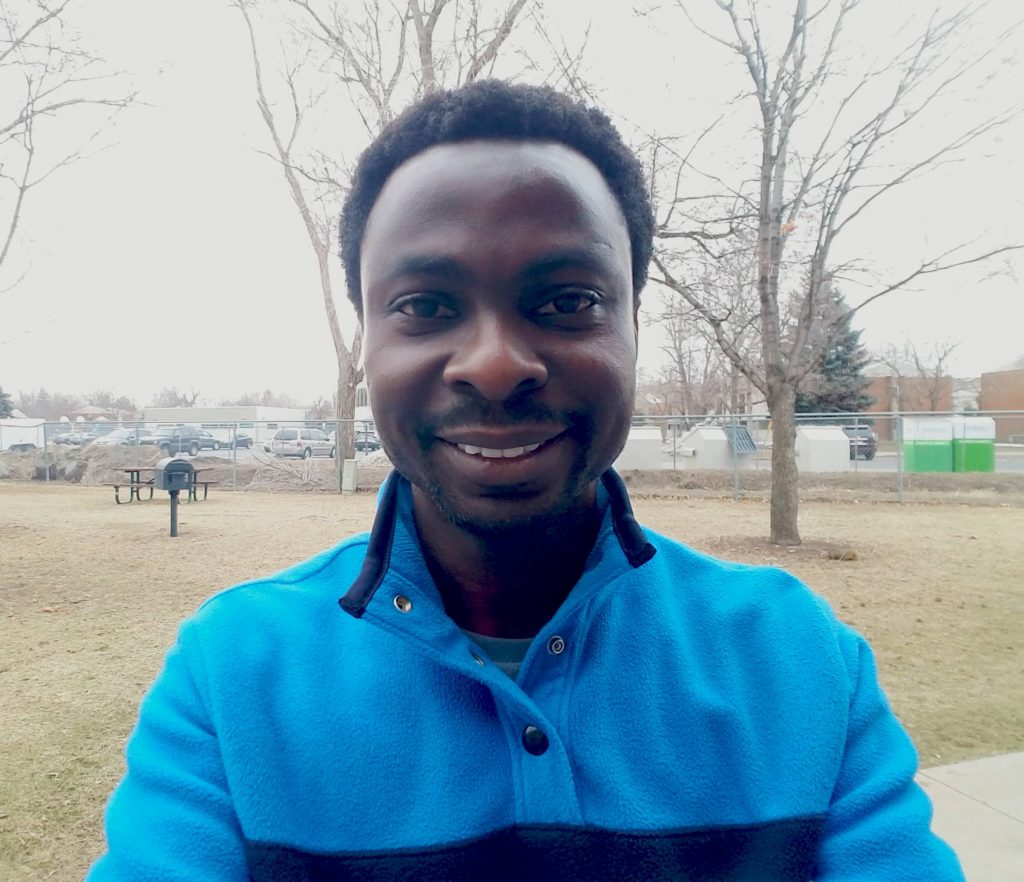
“My dream is to join a company that designs control systems,” Adeniji says about his plans for after he graduates this summer. Control systems are used on diverse electrical projects. The thermostat, which maintains the temperature of your home, functions through its control system. Once you know how to program control systems, you can apply that knowledge to many things. More complex control systems use machine learning to optimize programs, such as in a self-driving car or a smart grid that manages electricity for a community.
Last spring Adeniji’s routine at CSU changed, and he looked for ways to fill the extra time he had. “I was hoping there would be a way for me to do something about the pandemic, and I took a contract tracing class.” When he saw the sampling technician position open up, he thought it would be a great way to contribute. “ I was curious of the outcome.”
Adeniji applied his engineering perspective to troubleshoot many of the issues faced while conducting COVID wastewater sampling. His colleague on the sampling team, Jack Miera, also discussed the challenges caused by the sampling units and says, “Tope is one of the smartest people I’ve ever met. He worked extensively to design alternate programs to save battery life and have fewer miss samples.” Adeniji drew up plans for the sampling units and suggested a collaborative opportunity for creating an improved tool.
When Adeniji is not studying or working, he follows all kinds of sports. You can find him playing soccer three times a week at CSU or in City Park with friends.
Nick Mohammed
Student Spotlight
Nick Mohammed
In Maracas Valley, Trinidad, a new quarry altered the state of the local watershed and the path Nick Mohammed would take for his education and career. At around ten years old, Mohammed’s hometown witnessed a dramatic transition of the once pristine Maracas River. ” They developed a quarry upstream from where I lived. The river started to get very polluted. It got really muddy, you didn’t see fish there anymore, you couldn’t swim there anymore, it was too unsafe for that,” he says about his experience. “My parents encouraged me, and by 14, I knew I wanted to work on alleviating water issues.”
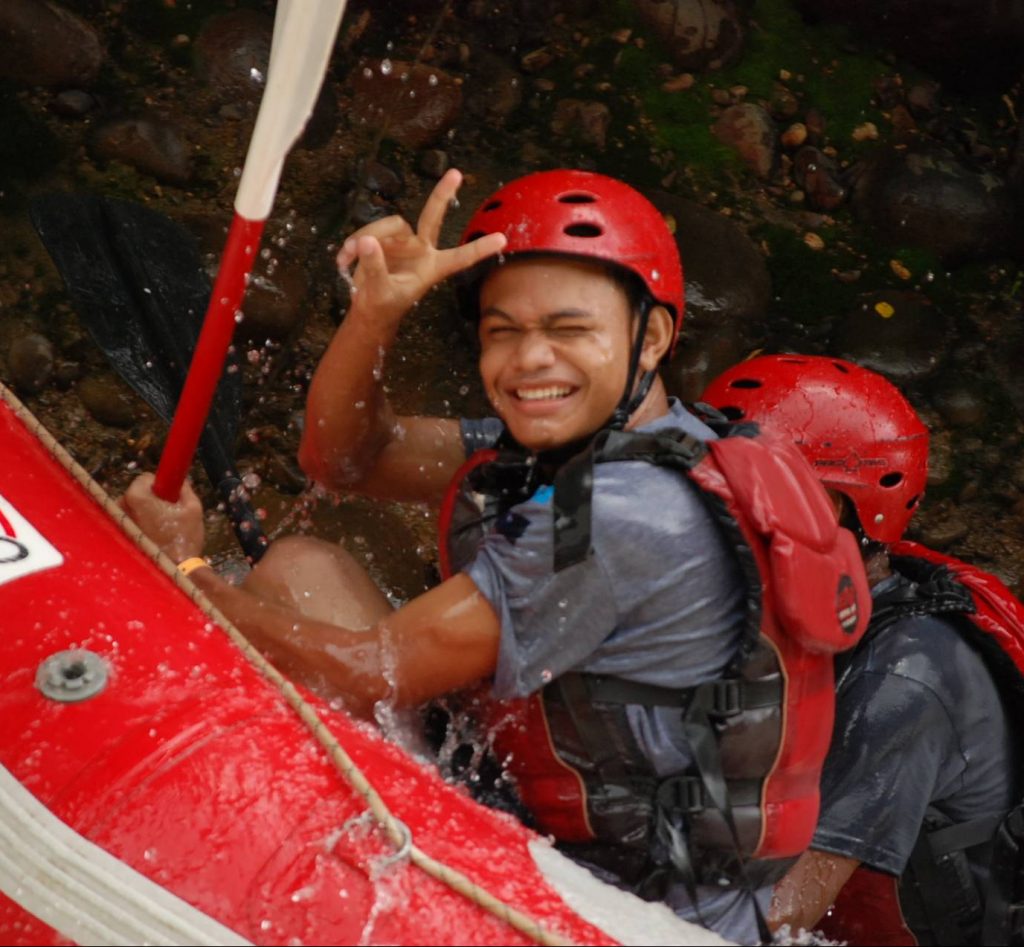
Mohammed studied environmental engineering as an undergraduate student in Atlanta, GA, then later worked for a consulting firm there. He modeled sewer lines and used the model to assess sewer capacity for future developments and to prevent sewage overflow in the city. At CSU, he focuses on hydrologic and water quality modeling and building up his coding skills. He plans to graduate in the fall of 2021. “I want to go back home at some point when I develop enough experience and rank. There are significant hurdles.”
The pandemic hit just as Mohammed moved to Fort Collins, and like many, he had unexpected free time. He read about COVID wastewater tracing in the Netherlands, and when he saw the sampling technician position posted, he realized the value of the experience. “I had worked with sewer modeling, but I didn’t get to go out into the field. I had never opened up a maintenance hole and looked inside,” he says, comparing it to his consulting job in Atlanta. He is happy to learn that “thankfully, Colorado has no roaches,” unlike Georgia.
“I want to develop the hands-on aspect of figuring out how to fix issues in the field and do it in a timely way. That is critical for an engineer.” Mohammed appreciates what he is learning from his colleagues; everyone has a different approach. “There is always more data to look at. I am always expanding my view on solving problems.”
Exploring Fort Collins on bike is Mohammed’s favorite pastime. He was surprised to find how flat and bikeable the city is and the abundance of trails. Once international traveling is safe again, he plans to visit Europe, specifically Hungary, and visit his family in Trinidad.
The Current
The Current is the Center’s monthly e-newsletter dedicated to stories about water faculty, staff, and students in Colorado, as well as important information regarding the water community.
Stay informed about water-related research, education, events, jobs, grants, scholarships, and our community partners by subscribing now.
The Current is the Center’s monthly e-newsletter dedicated to stories about water faculty, staff, and students in Colorado, as well as important information regarding the water community.
Stay informed about water-related research, education, events, jobs, grants, scholarships, and our community partners by subscribing now.
